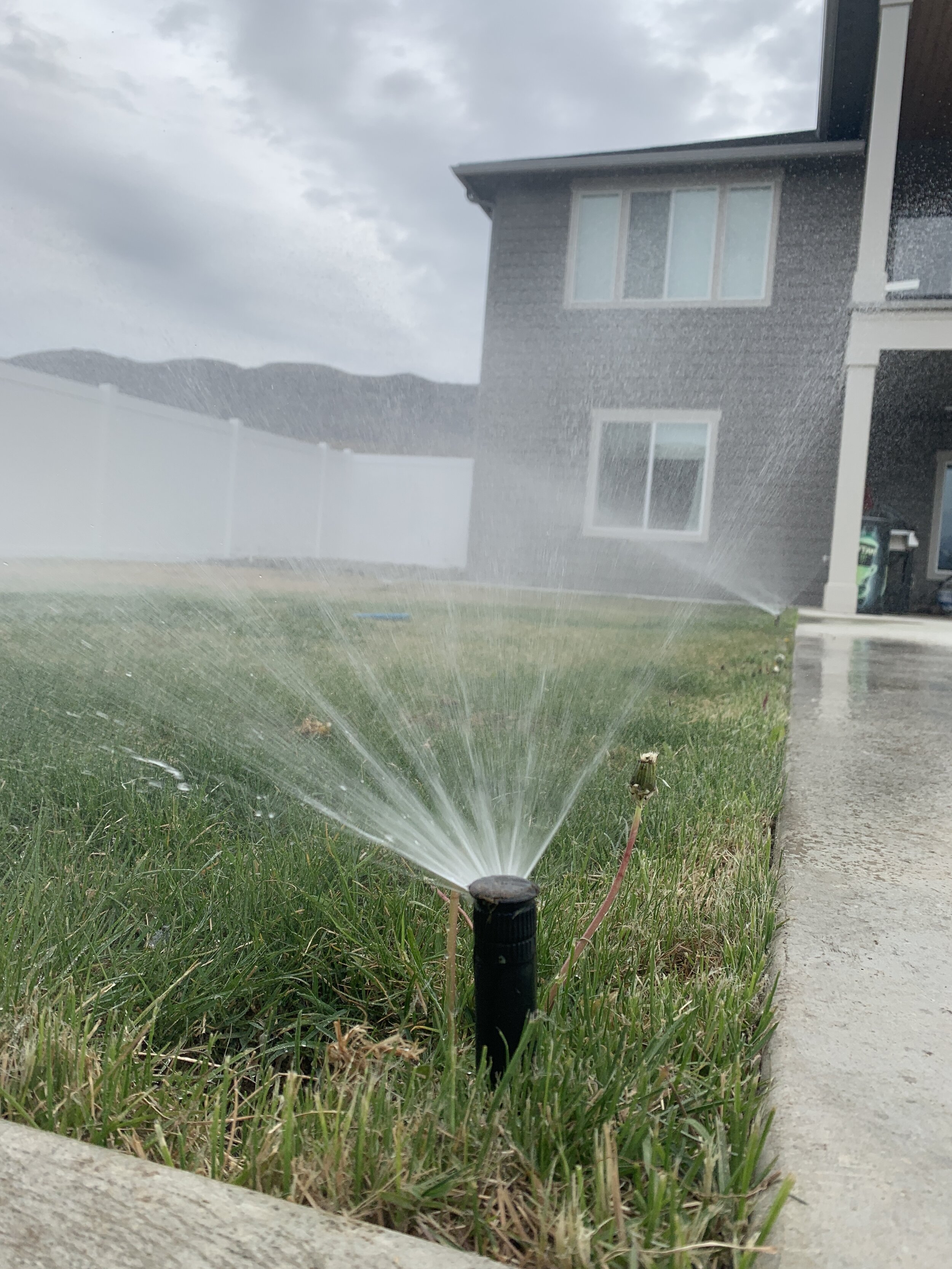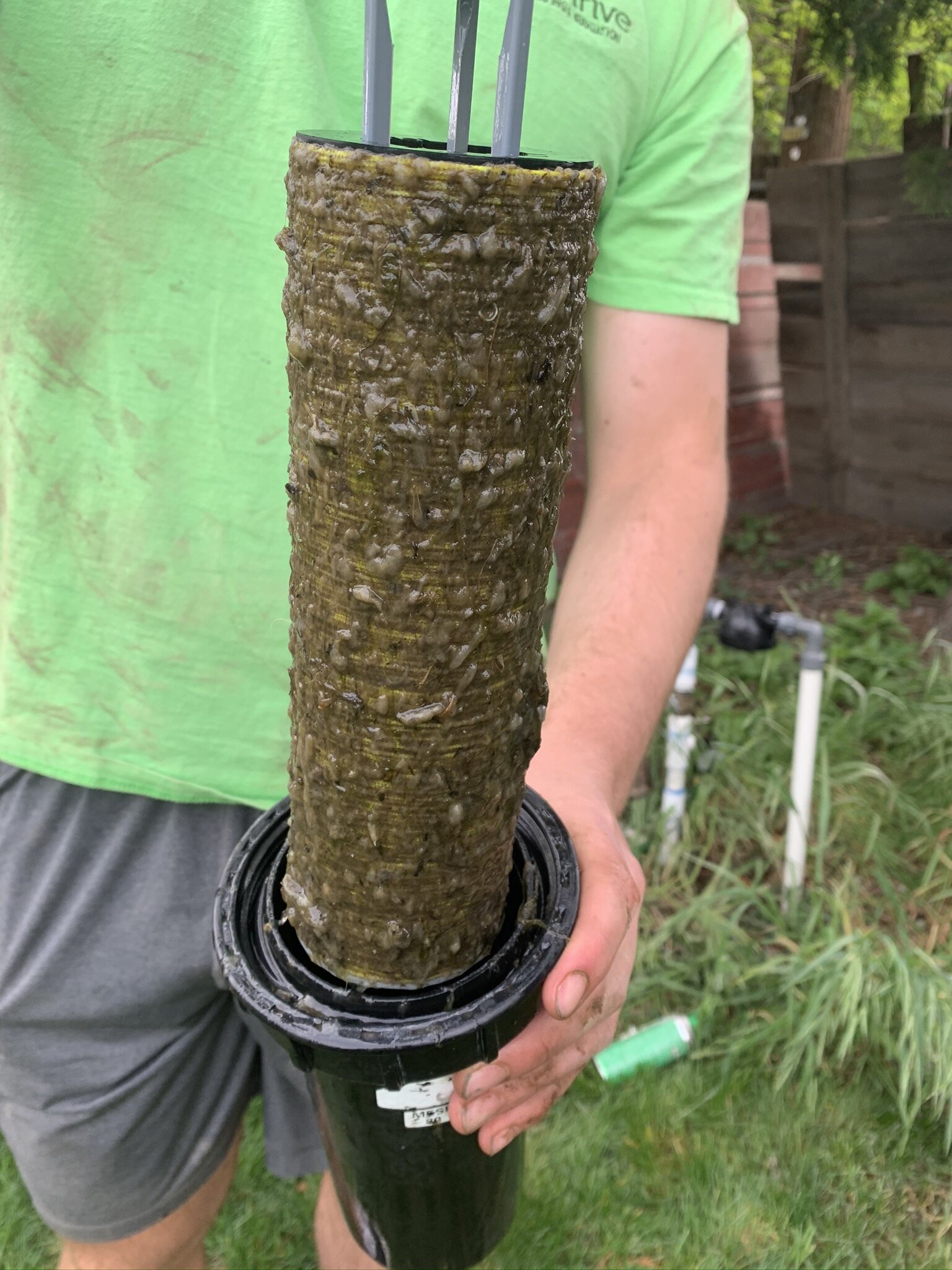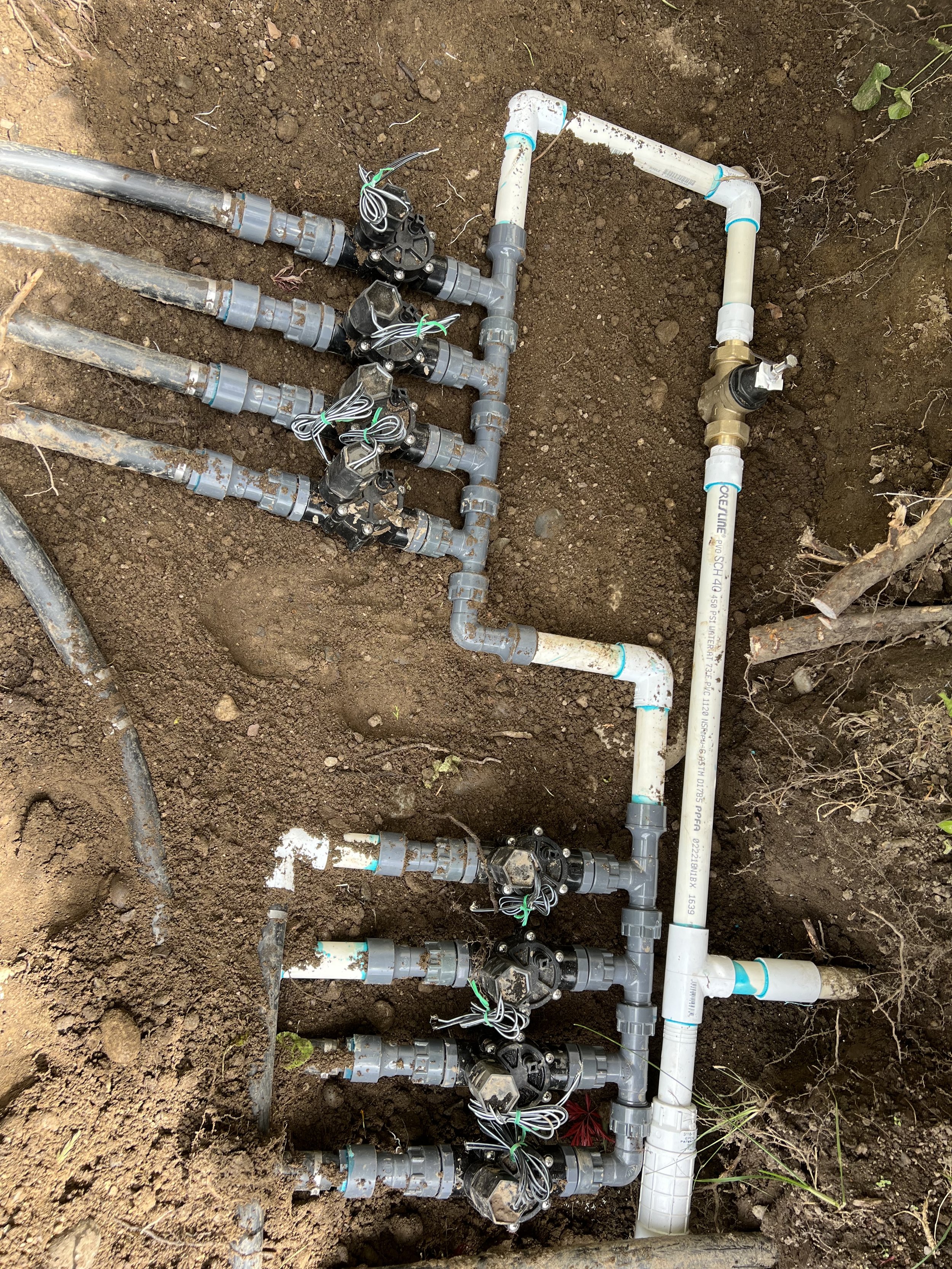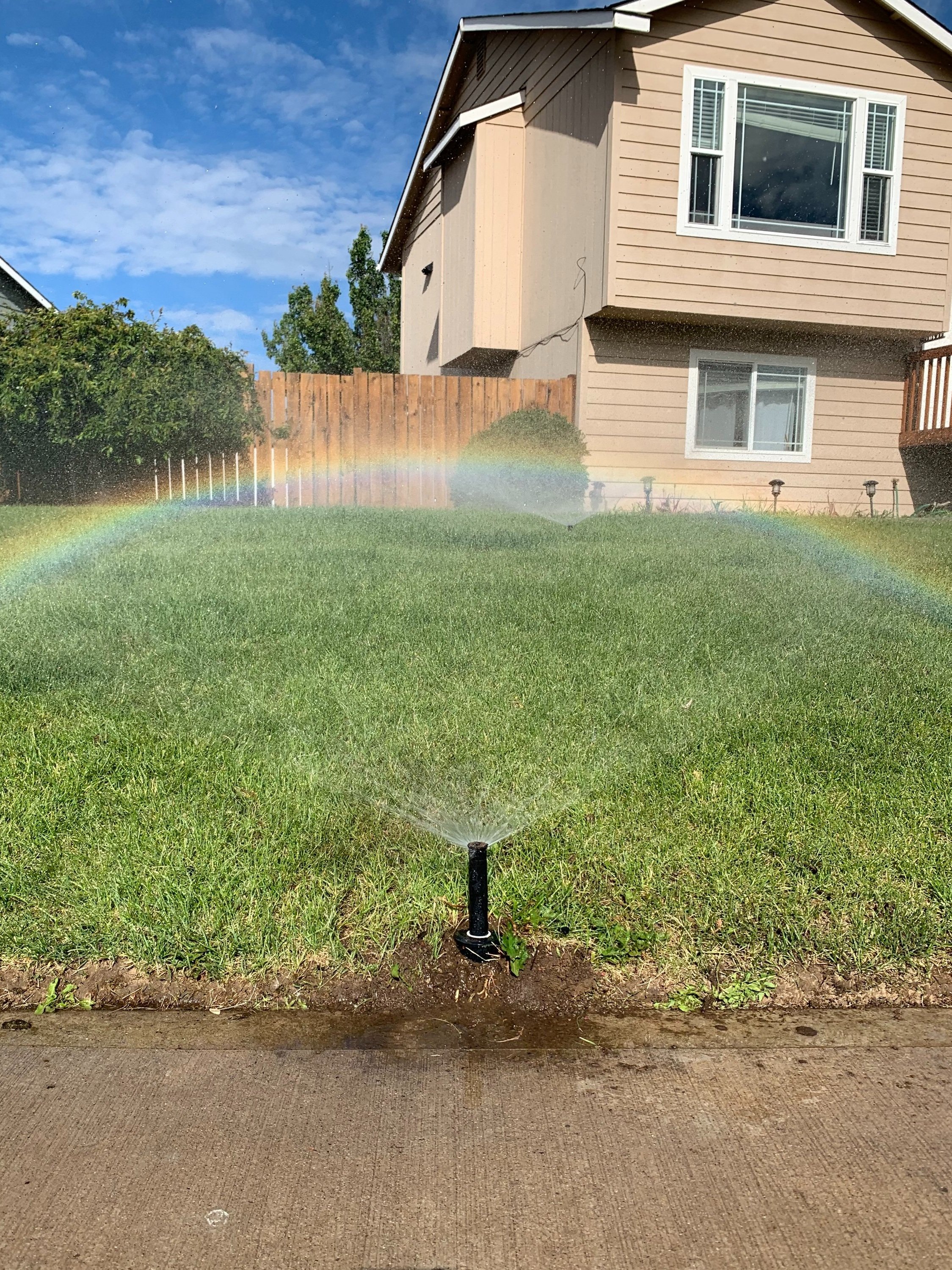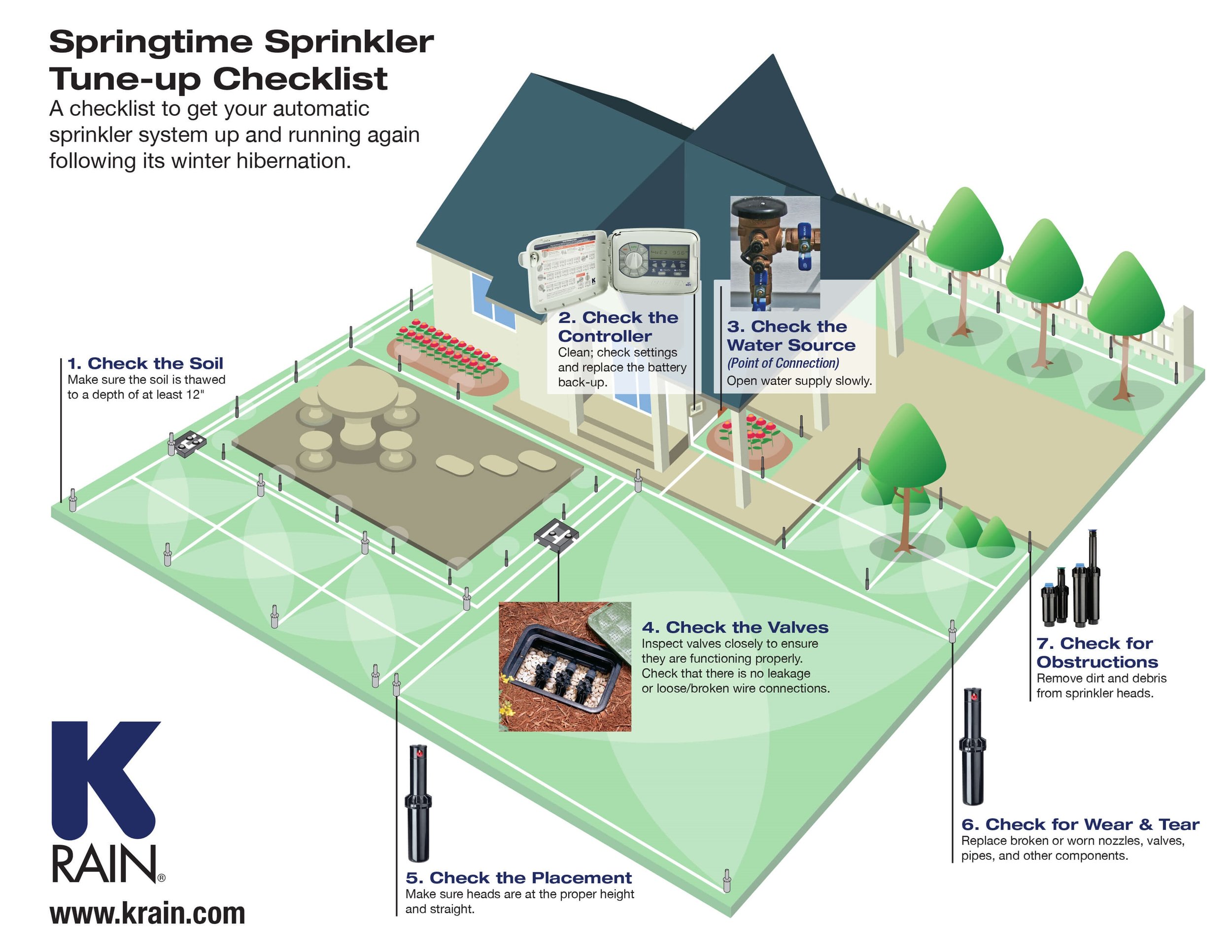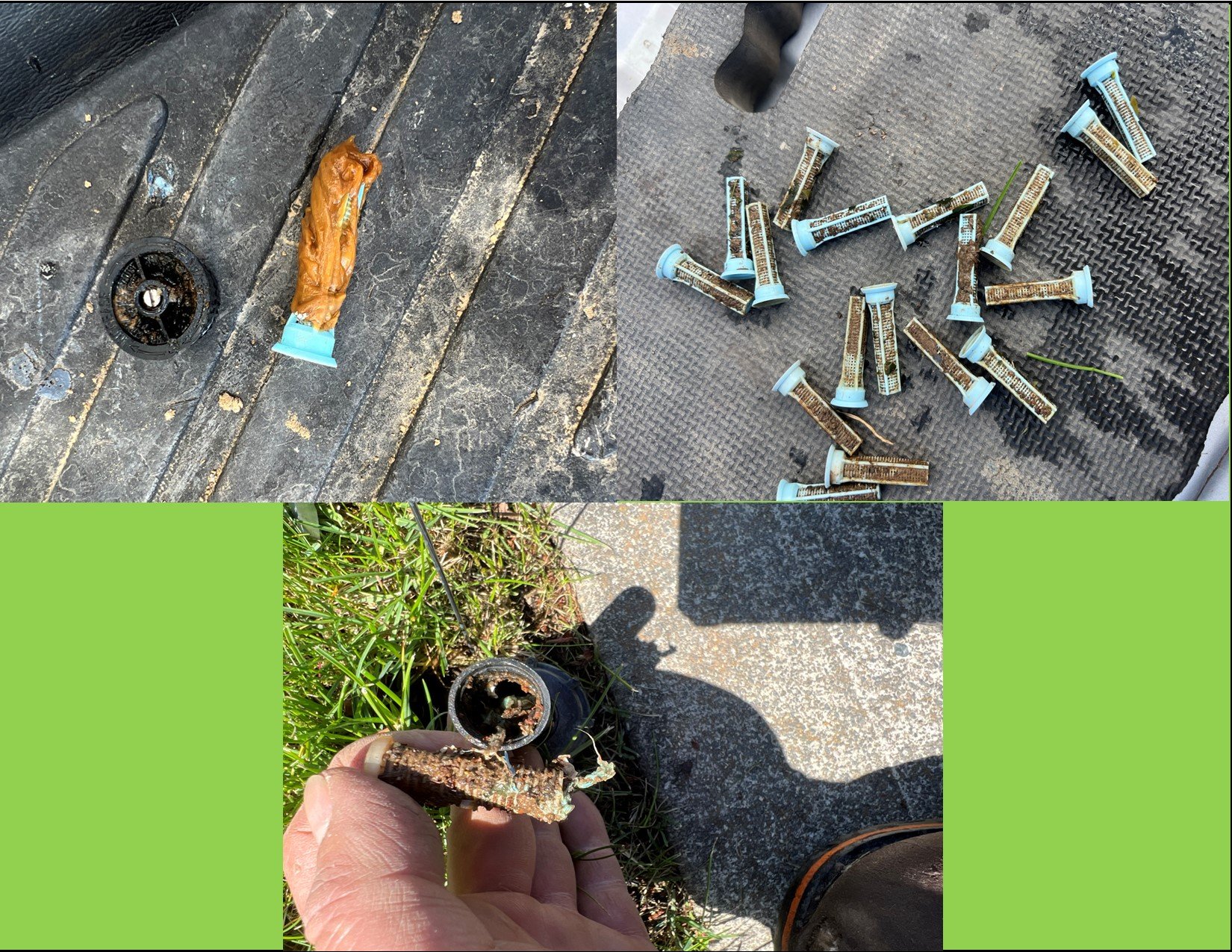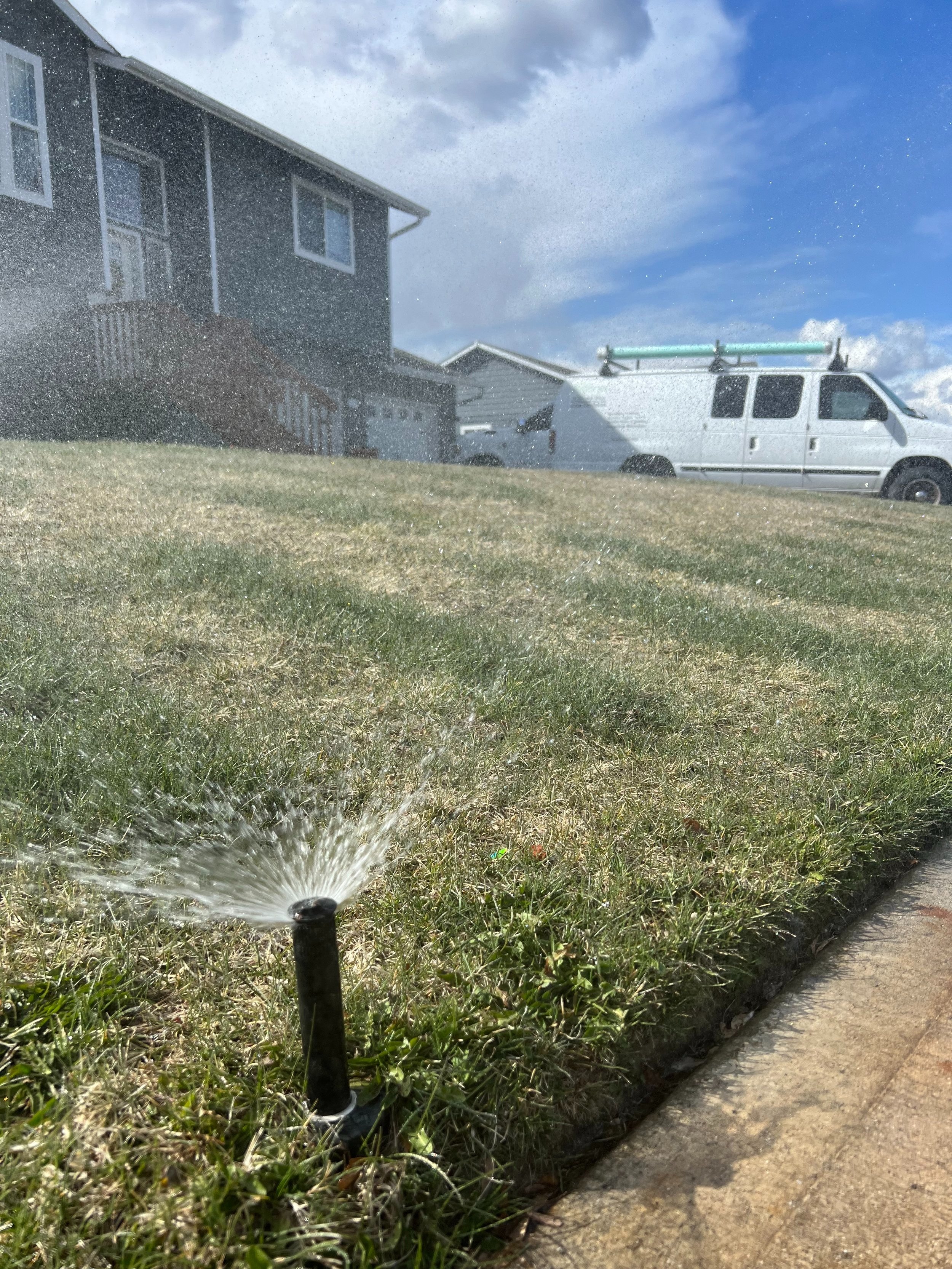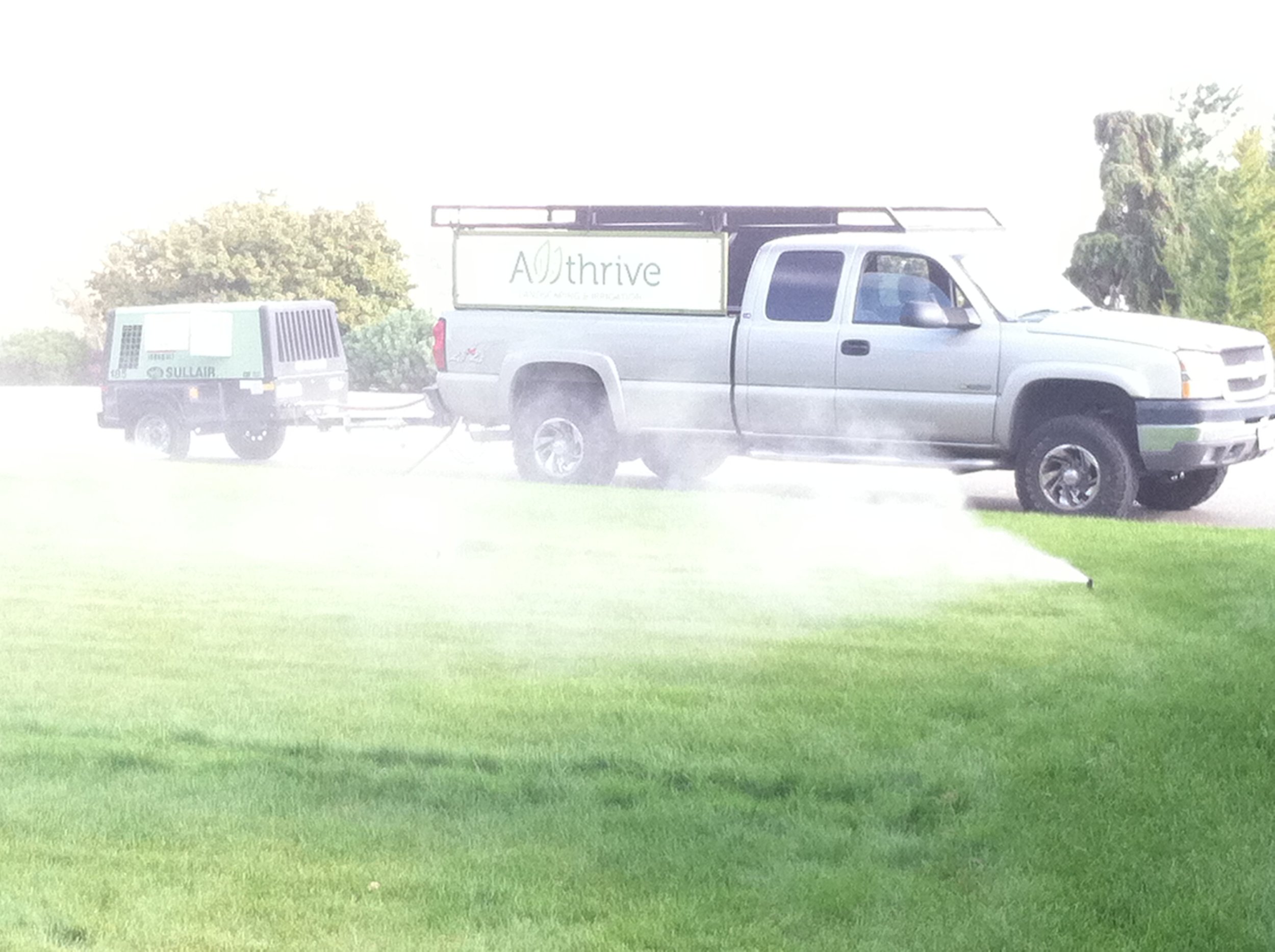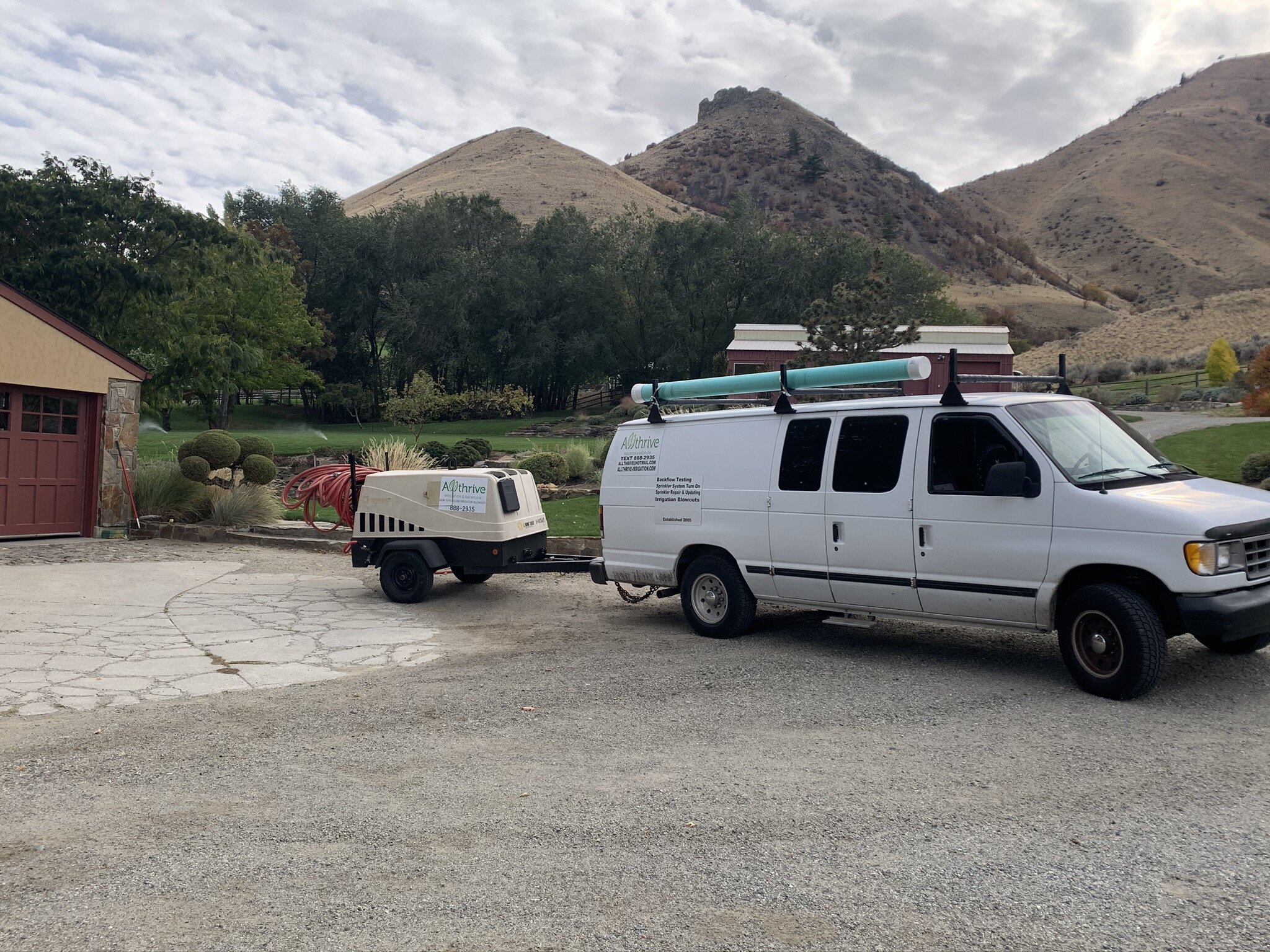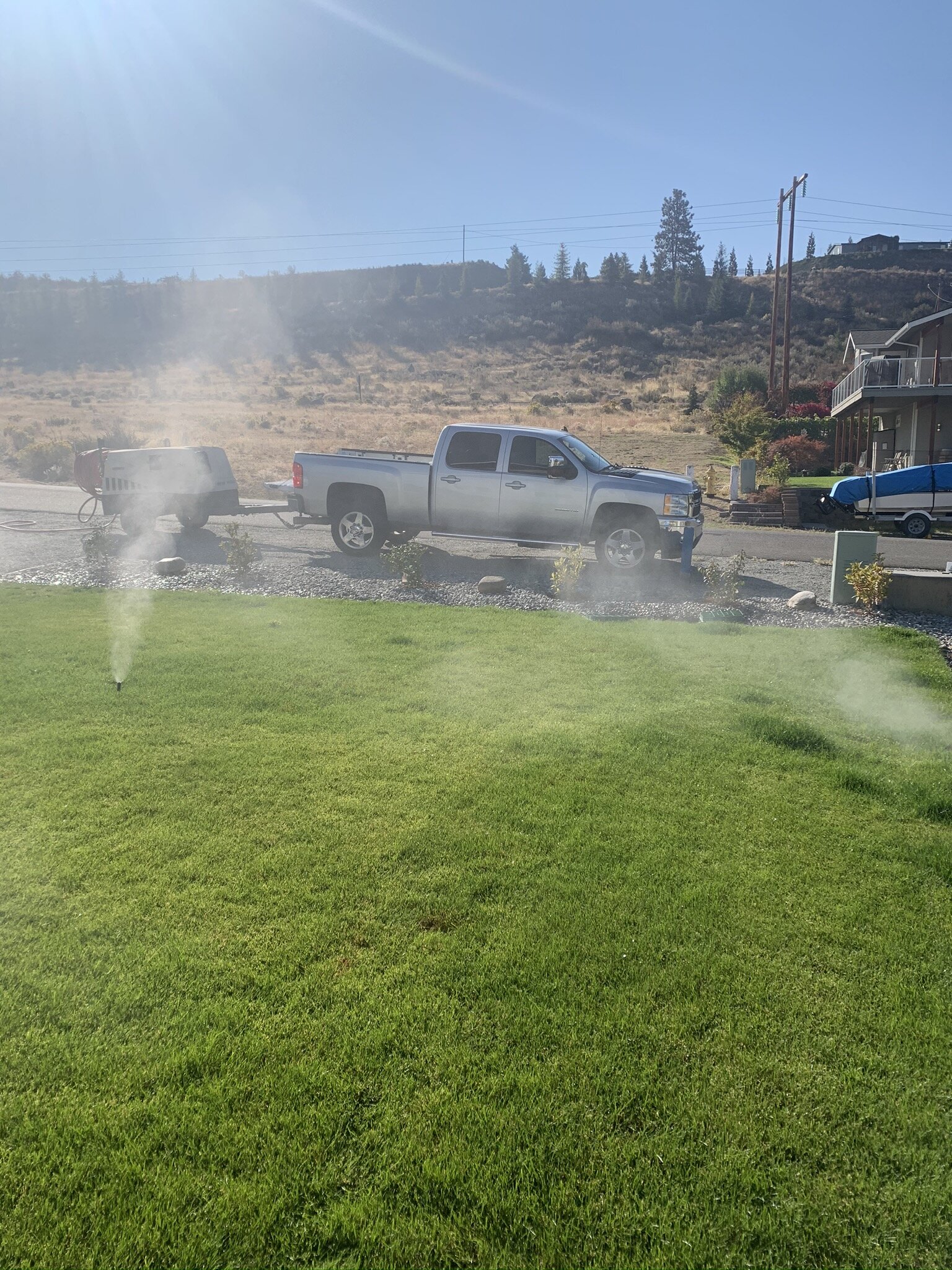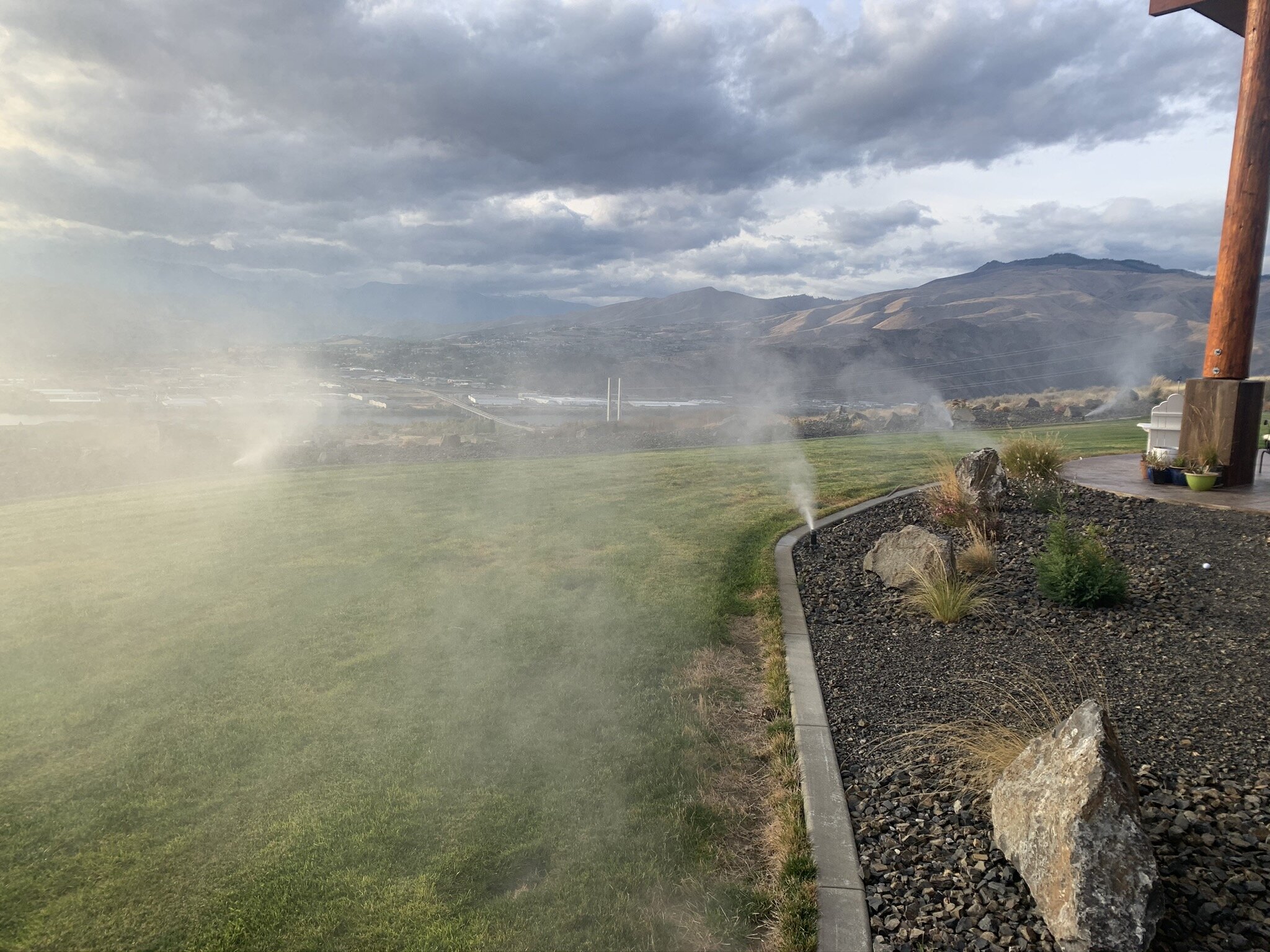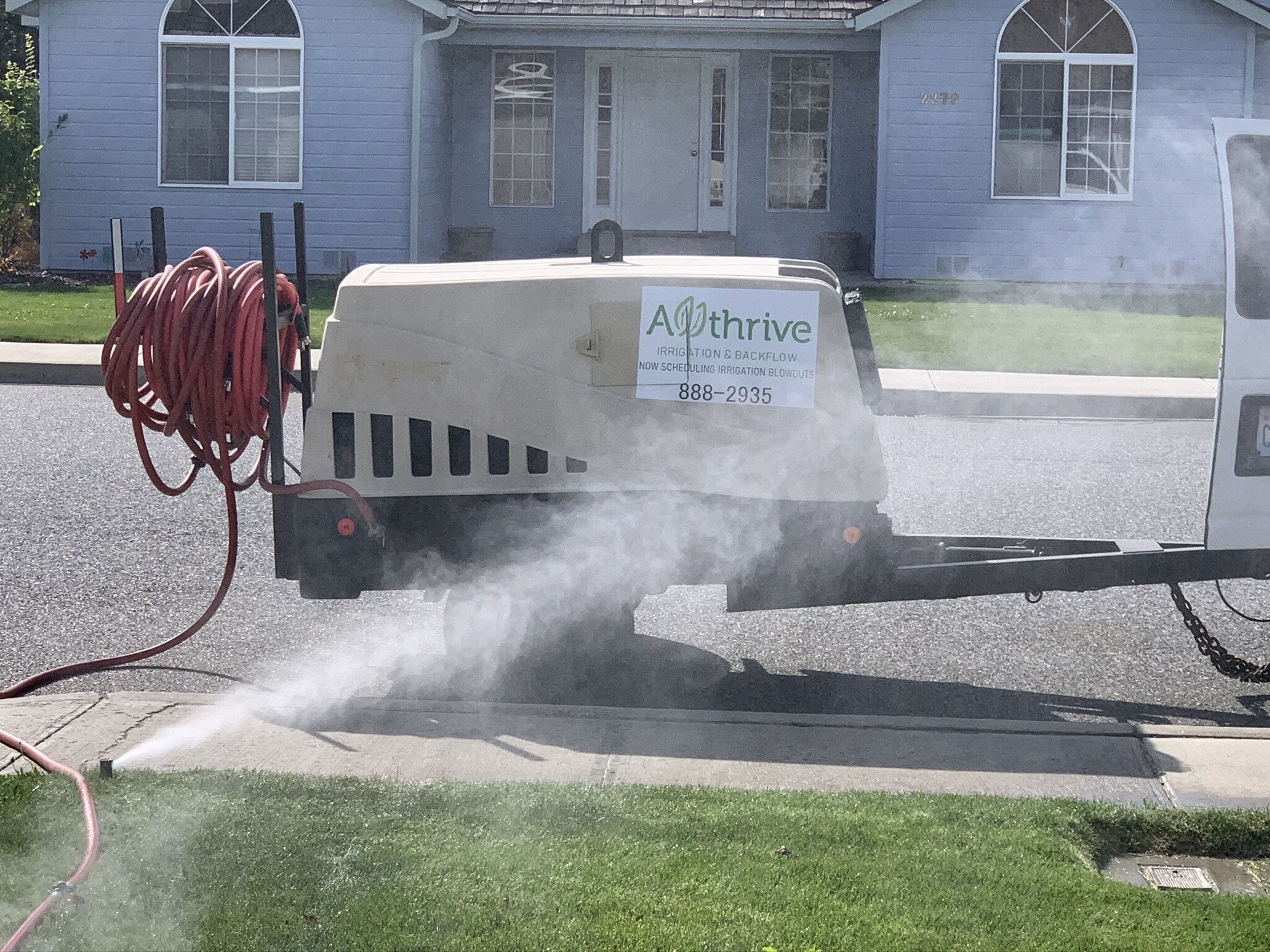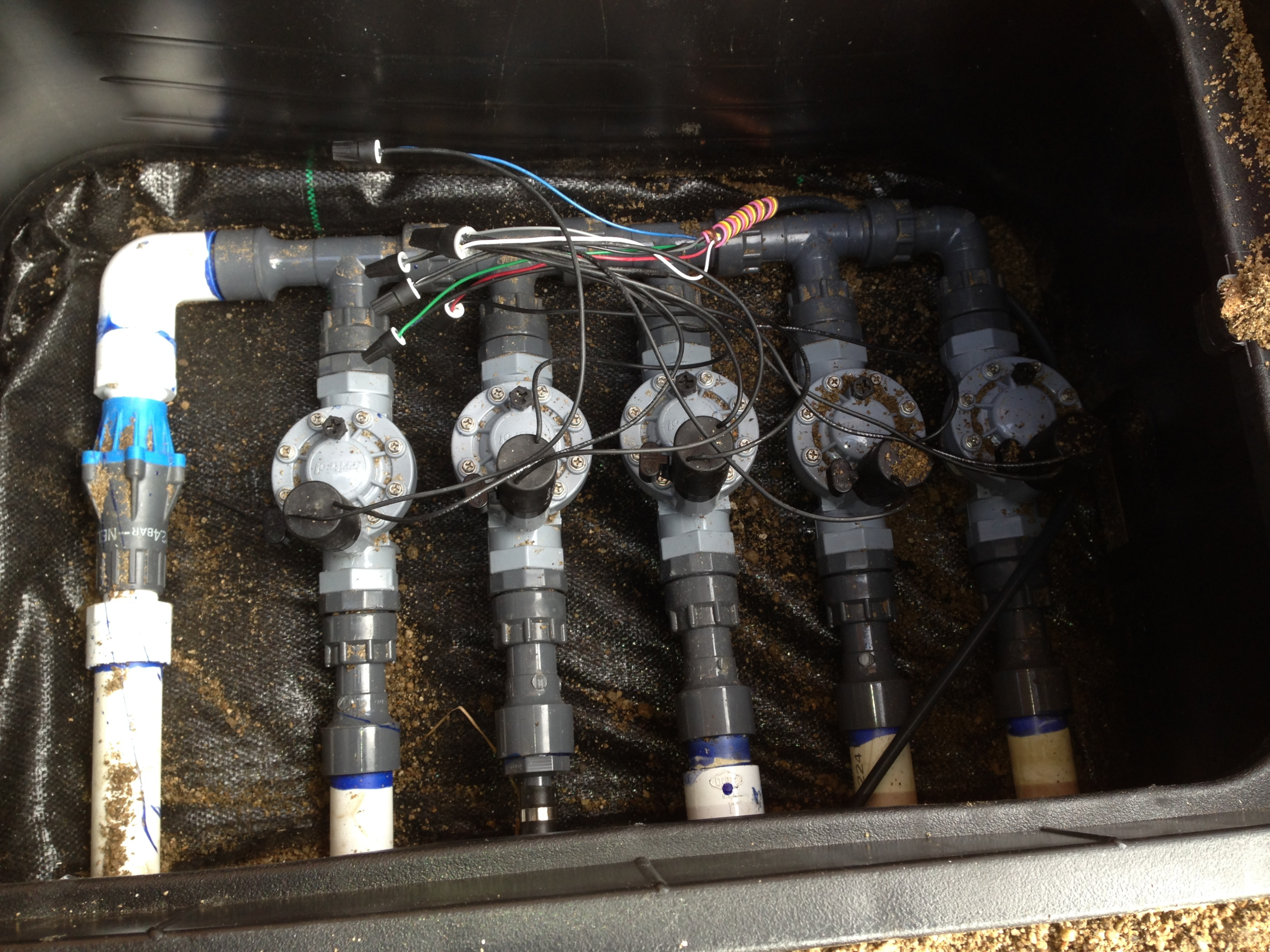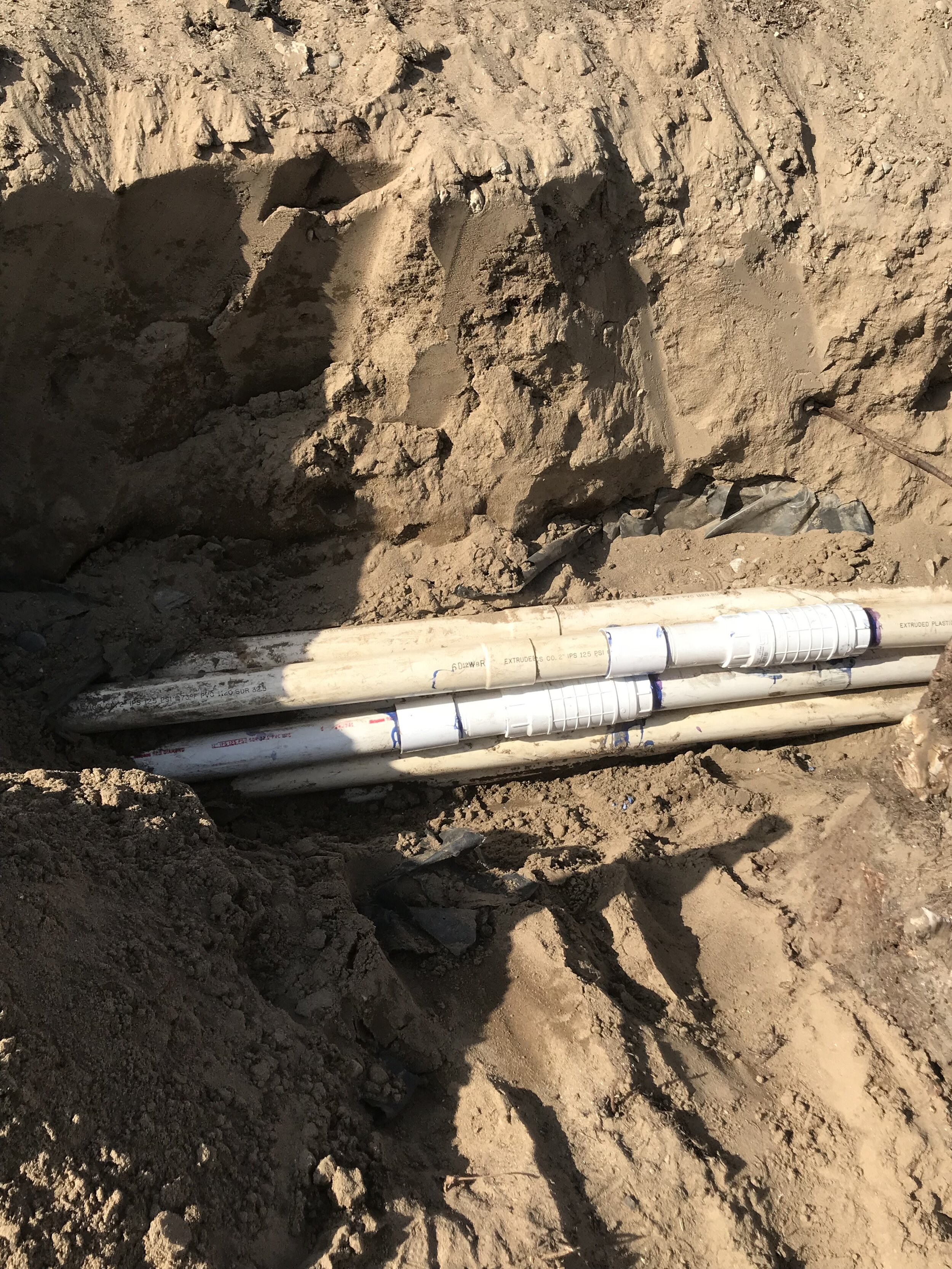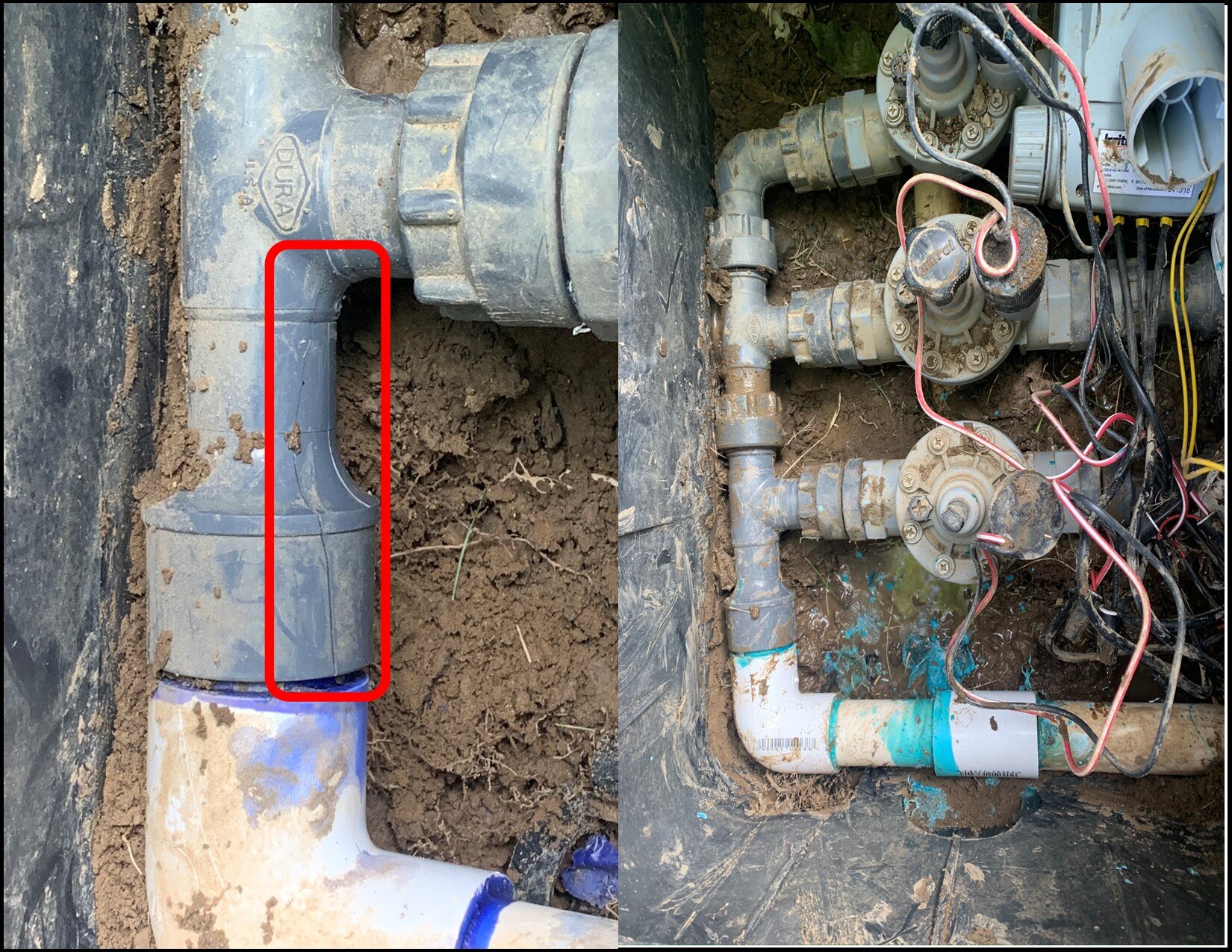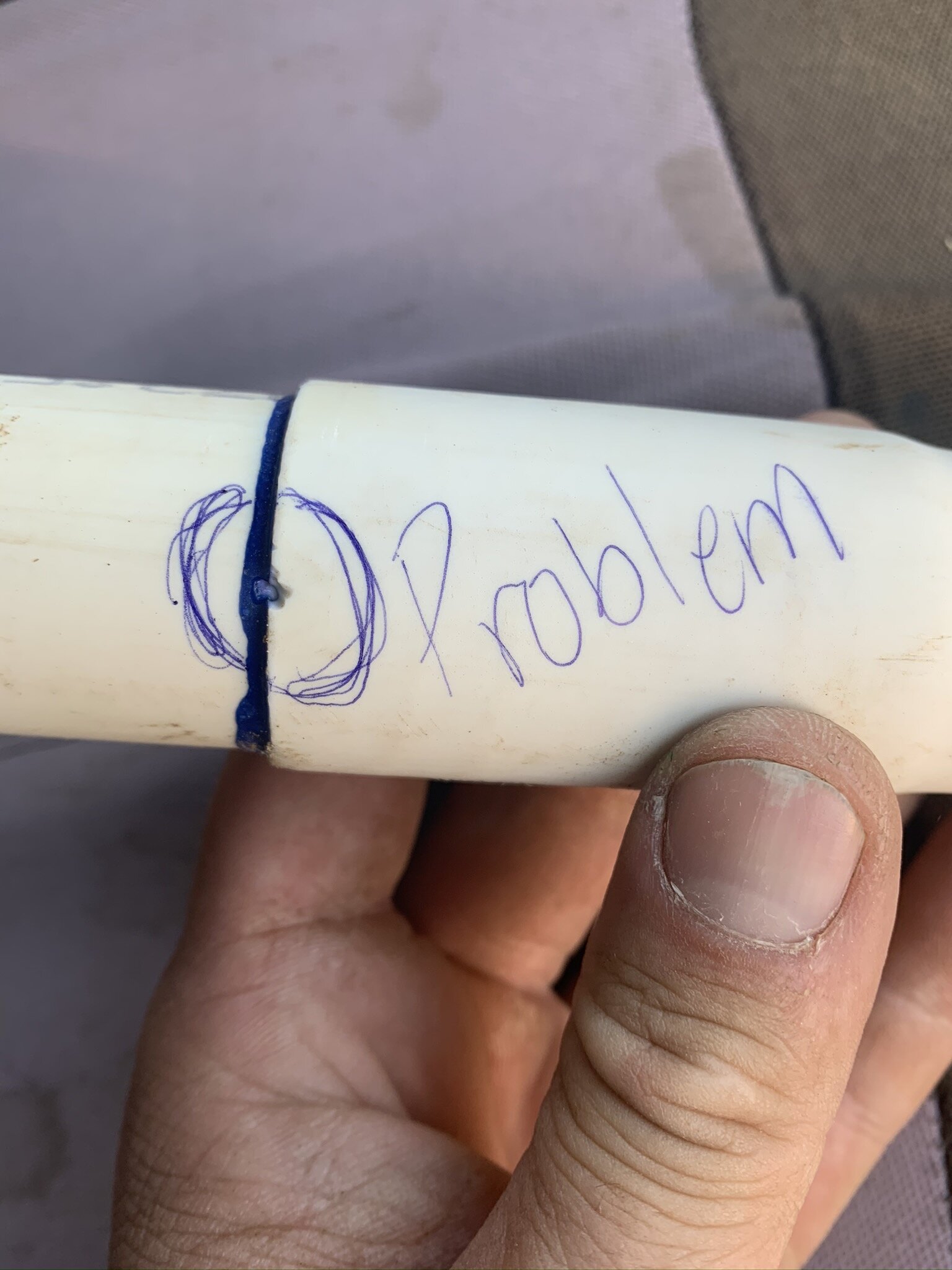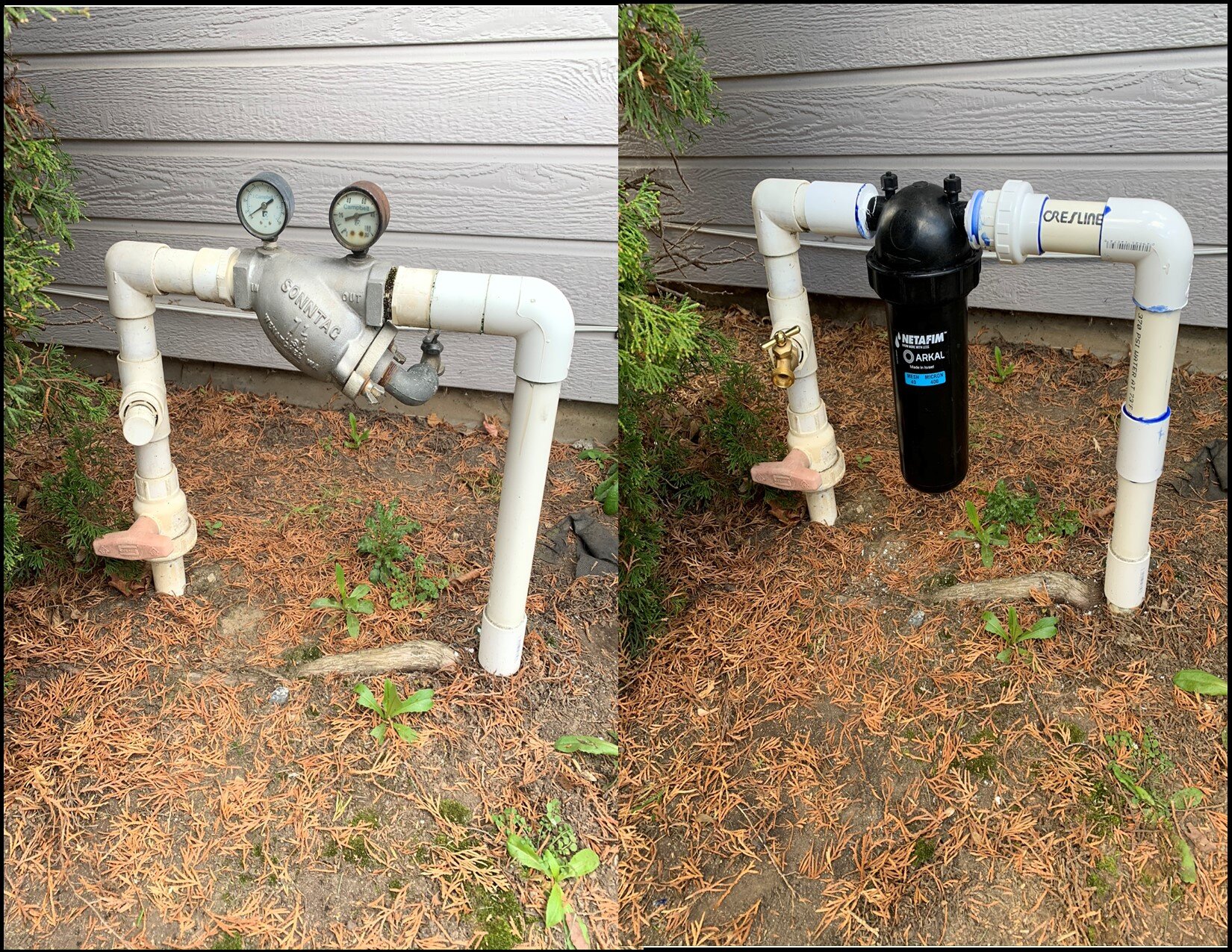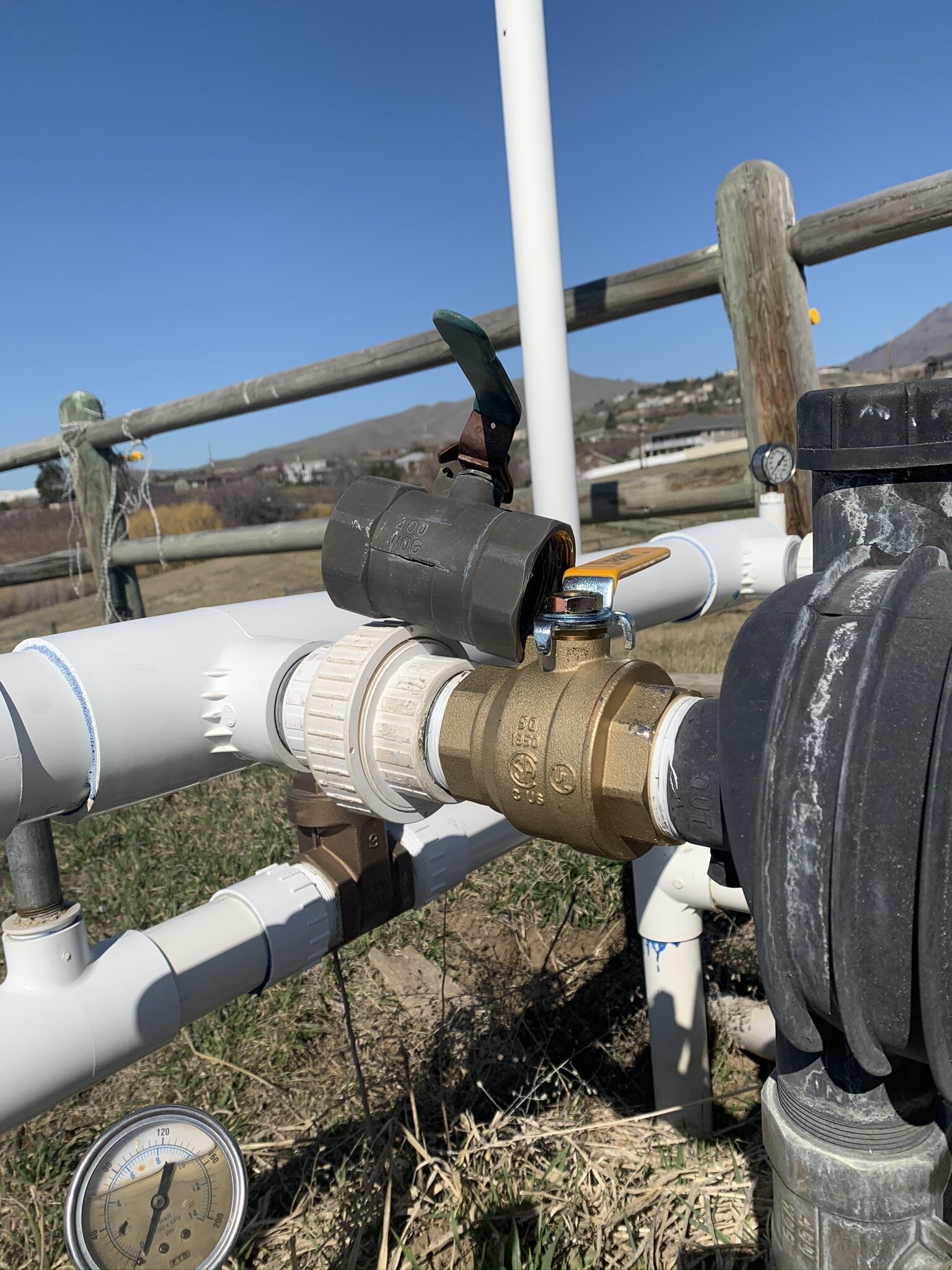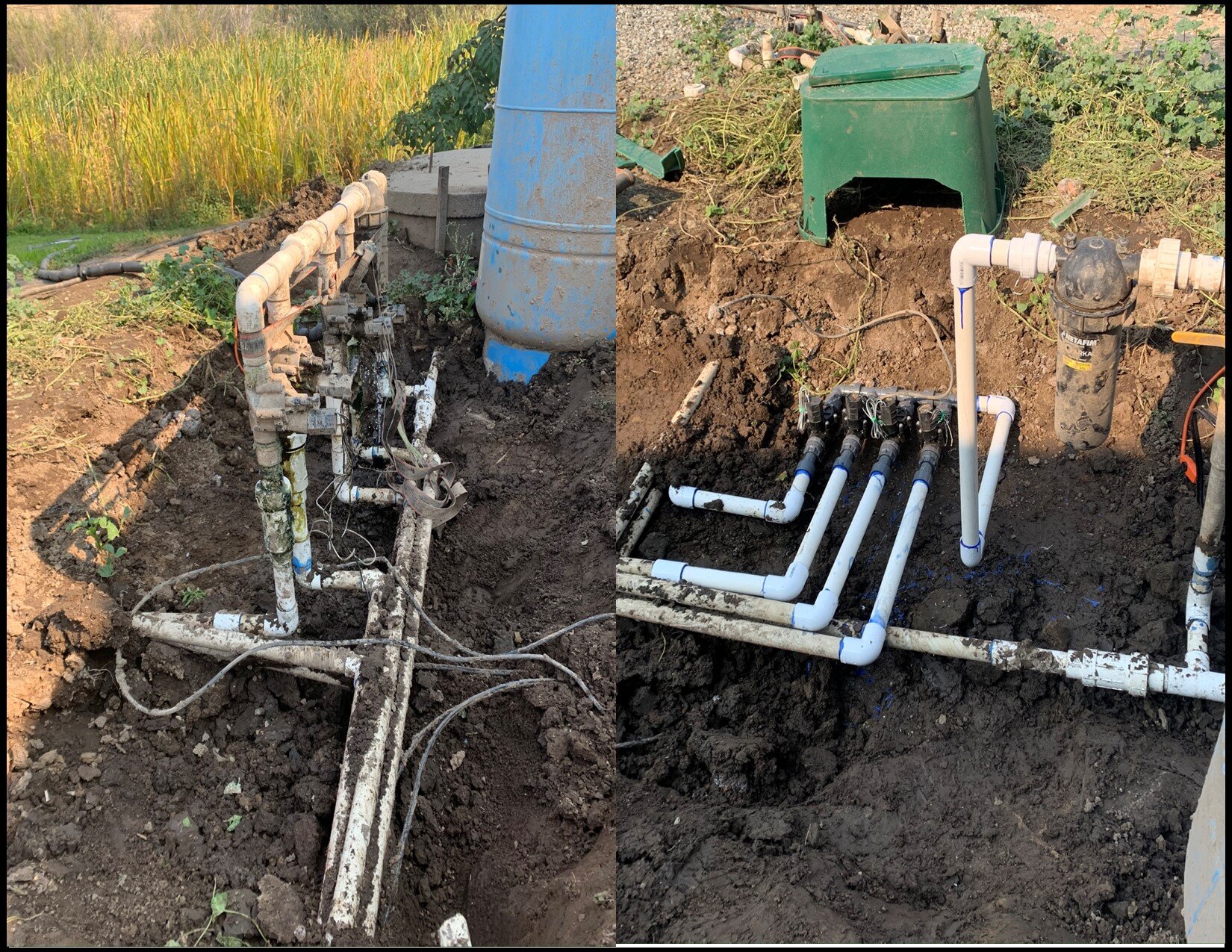Irrigation Start-Up/Monthly Audit checkup/Filter Cleaning
Our irrigation start-up service includes a qualified technician resetting the timer, inspecting each zone for winter damage, adjusting sprinkler heads for proper coverage, and cleaning filters when applicable. We also remove grass and debris from around sprinkler heads and ensure that all drip irrigation is functioning correctly. Additional charges may apply for parts and repairs.
We also offer monthly maintenance services for both commercial and residential customers. During these visits, we clean filters, inspect the irrigation system and ensure all sprinkler heads and drip emitters are providing proper coverage. This is an ideal time to adjust watering schedules to prevent dry spots, especially during the hot summer months from June through August.
Service starts at $65.
Here are some great websites that show how to turn on a sprinkler system in the Spring.
Here is an excellent link from Rainbird on Spring sprinkler start-up.
Fall Blowouts
In the Wenatchee Valley and surrounding areas, our sprinkler systems need to be blown out in the Fall to avoid freezing damage. This is done with a large air compressor and a qualified technician(s). Without proper winterization, you could have costly and timely irrigation repairs in the Spring. Our irrigation blowouts come with a Spring guarantee each year. If you think there is a problem with the blowout, don’t hesitate to call! Starting at $60
Irrigation Repair
This is where we excel—our 20 years of experience make a difference. Irrigation repairs come in many forms, including filter cleaning and replacement, fixing PVC line breaks and cracks, repairing or replacing broken or clogged sprinklers, drip line/tube repairs and upgrades, irrigation valve replacements, stuck solenoids and diaphragms, timer replacements, pump replacements, and installing outdoor backflow assemblies.
With over two decades of hands-on experience, we've encountered and resolved various irrigation issues. Our expertise allows us to troubleshoot and diagnose problems quickly and efficiently. If you have an irrigation issue, chances are we’ll know exactly what’s wrong.
Our irrigation repair rate is $130 per hour, but in many cases, we can resolve the problem in under an hour. In those instances, we charge a call-out fee of $90 plus the cost of parts.
Common Irrigation Problems and FAQ:
PROBLEM: I have an electric sprinkler valve that is not turning on when I try it through my timer.
This is usually a bad solenoid. A solenoid is where the wires from your timer connect to the electric valve. The timer sends an electrical message to the solenoid and then tells the diaphragm inside the valve to move. If a solenoid is the problem, we can usually replace it, depending on the brand and age of the valve. In some cases, it is just as easy and cost-effective to change the whole valve out. Another problem could be that the valve is not wired properly, the wire inside the sheath has gone bad, or the wire has been disconnected.
PROBLEM: I have a sprinkler valve that will not shut off even when I unplug the timer.
You have a bad solenoid, or the diaphragm could be plugged with debris and needs to be cleaned or flushed out. There could also be something inside the valve that is not working correctly, or it's broken. If the valve isn't that old, we can try to clean and flush the debris out. If this doesn't work, we can usually replace the whole valve. It is easier to use the same brand to replace, but if the valve is older, we will usually switch to a Rainbird DV-100.
PROBLEM: I have a sprinkler head that is not popping up.
Check your main filter. It is probably dirty and needs to be cleaned. If it is clean and the sprinkler still won’t pop up, check the micro filter inside the sprinkler head. It could be clogged and dirty.
PROBLEM: I have a rotor head that has stopped rotating.
The filter inside the sprinkler is clogged or the clutch inside the rotor has gone bad. This happens a lot when there is over a constant 60psi from the water supply. Changing out the guts or the whole sprinkler fixes the issue. If this happens a lot, then we also suggest installing a pressure reducer to the system, near the main valve. If you have over 60 psi, it wears out your parts faster than normal and changes the spray pattern of the sprinkler.
Problem: I have sprinkler heads that are constantly leaking water.
Normally, the sprinkler is not the problem. It is a valve problem. If a valve is not shutting off properly, it then leaks out of the lowest heads. To check and see if the problem is coming from your valve, turn your sprinkler timer off. If it is still leaking, it sounds like a solenoid or diaphragm problem. If you know where the sprinkler valve is, sometimes you can actually hear a trickle of water still going through it.
Another potential problem is if your yard is on a hill, water will drain out of the lowest heads. We suggest adding new heads with check valves. We do have checks we can install inside some existing sprinklers. These checks can hold back around 5psi and should work unless you have a long sprinkler line or a very steep hill.
Problem: My sprinklers were properly running this Spring, but now, a month later, I am getting brown and dry spots in my lawn.
This could be two issues. Your filter is plugged and needs to be cleaned or you need to adjust your watering times. Your lawn will look better, and the system will work more efficiently if you adjust your watering times per zone monthly. We start at 10 minutes a zone every other day in April. As it warms up in later Spring, change to watering every day. As we hit the summer months, adding more watering time to each zone is now time. If you are getting mushrooms, this tells you that you are watering too much and you need to back off a few minutes each day. Other considerations in deciding how often and how long to run your system include how shaded your lawn is and your soil type. Once your lawn is saturated (squishy when walked on), there is no need to water any longer. The soil cannot absorb any more water. We also offer a service package where we come monthly to clean your filter, run through each zone to check all heads and coverage, and adjust watering times.
Problem: I have low pressure in one zone.
If all your zones are running properly and you have a weak zone, here are some steps to help solve this issue. First, see if the low-pressure zone has the same number of heads on it (and the same type of heads). Sometimes, people will add more heads to one zone, and this leads to a low-pressure zone. If the weak zone has the same amount of heads as all other zones, turn the zone on and check for breaks. A broken line or a sprinkler head is one of the most common issues for low pressure. This is usually easy to find because the area will start to flood. If there is no broken line or head, follow the path from the valves to the first head. Tree roots can pinch the line, resulting in low pressure. If none of these answers helps you figure out your issue, please text or e-mail and schedule a technician to help solve this issue. 509-888-2935.
What brands do you service?
We service all brands available in this market. We install products from Irritol, K Rain, and Rainbird but will service all brands, such as Hunter, Orbit, Nelson/ Signature, and the big box store brands.
I am looking to buy/sell a house with an existing sprinkler system, but my home inspector does not inspect the system. Can you check it out?
Yes. We call this a sprinkler system audit. We can go through each zone to check for proper coverage and check out all the parts installed on the system. We can give you written recommendations on updating or improving the system if it is older or a DIY system. We can also provide a letter giving our approval or disapproval of the sprinkler system.
When should I winterize my sprinkler system?
October. We start scheduling our sprinkler blowouts in September and winterizing the systems from the beginning of October through mid-November. We always recommend getting your system winterized in October. We do not guarantee our blowouts in November due to the possible freezing temperatures. We offer a Spring guarantee if we did your irrigation blowout in October. If you think we messed up, please let us know so we can check it out.
What time of the day should I start my sprinklers?
We recommend running your system in the early morning. Depending on how long your system runs, we generally want the system to be off by mid-morning (before it is too hot). For example, if your system runs for 5 hours, we recommend starting your system at 4:00 am so the system is off by 9:00 am. The reason for not running the system during the day’s heat is that too much water will evaporate before it soaks into the grass.
What are Wi-Fi timers/ controllers?
Wi-Fi timers can connect to your home’s Wi-Fi network, allowing users to control their watering with their Android or iOS app from anywhere in the world. Run sprinklers, view upcoming schedules, and observe your estimated outdoor water usage. Timers can also be set up to adjust watering times based on local weather to avoid water waste and deliver the right amount of water to your plants. We have installed Rachio, Rainbird, Irritol, K Rain, Orbit, Hyve, and Hydrawise brand timers.
Should I hire an unlicensed contractor to work on my sprinklers?
Absolutely not! In the state of Washington, all contractors must have either a specialty contractor’s license to perform one trade or a general contractor’s license which means they can perform more than one trade with exceptions. To obtain a contractor’s license you must have the proper bond and insurance before you can obtain your license. This is separate from a business license. An unlicensed contractor/business is always going to be cheaper, but you are normally going to get what you pay for. Proceed at your own risk!!
Our favorite brands we work with and install are K Rain, Rainbird, Irritol, Hunter, DIG, DURA, and Watts. But we also work on Orbit, Rachio, Signature, Wilkins, and Apollo.

